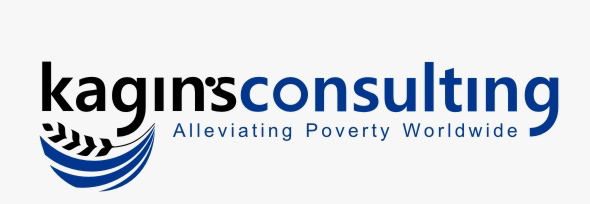Specialties:
- Local Economy-wide Impact Evaluation (LEWIE)
The LEWIE methodology is designed to simulate the general-equilibrium impacts of exogenous shocks on local economies, including on sectors and actors not directly affected by the shocks. It is an ideal tool for studying the impacts of cash transfers, productivity-increasing technological change, other agricultural policies, and the potential role of prices in transmitting impacts from the direct beneficiaries to others inside and outside of the local economy. See “Beyond Experiments in Development Economics”, Local Economy-wide Impact Evaluation (LEWIE) of Ethiopia’s social cash transfer pilot programme and Is technology change good for cotton farmers? A local-economy analysis from the Tanzania Lake Zone for more. - Nutrition economics
Measuring costs of micro-nutrient delivery platforms and interventions. Designing models to optimize their cost effectiveness. See the MINIMOD project and Evaluation of a Malnutrition Prevention Package (C4PX) in Mozambique. - Economic analysis of developing countries
Experience in Africa, Latin America, and Europe in survey design, implementation and economic analysis. - Small holder farmers
Evaluating agricultural policies for rural areas. Productivity and efficiency analysis of rural farmers. See “Inverse Productivity or Inverse Efficiency? Evidence from Mexico,” - Poverty and excluded groups
Poverty analysis of socially excluded groups such as the marginalized Roma in Europe or segments of the indigenous groups of Latin America. Constructing methods for analyzing multidimensional poverty. Evaluating the socio-economic situation of excluded groups and finding solutions for them. See “Roma Poverty from A Human Development Perspective” as an example.
